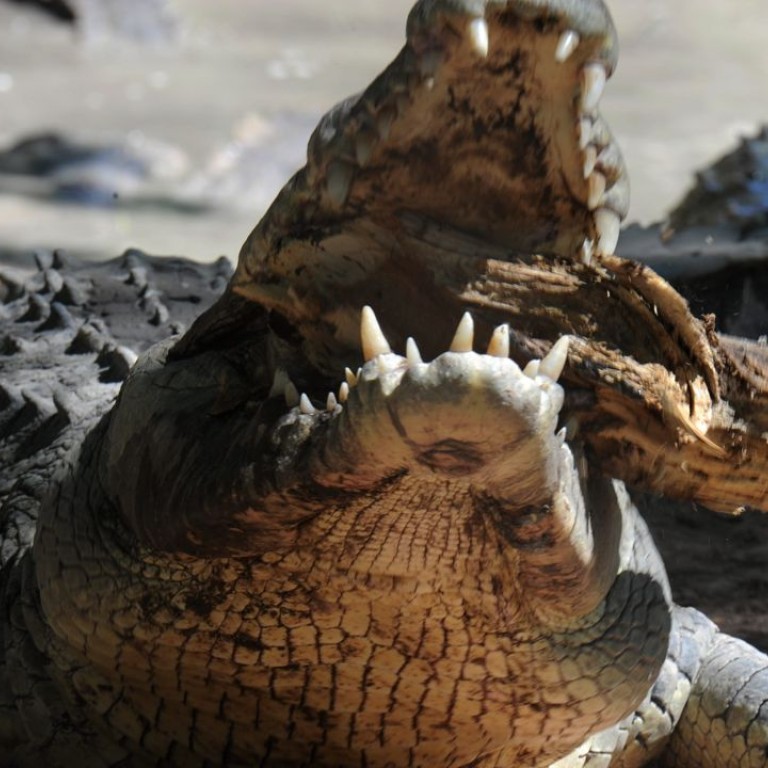
10,000 crocodiles starving after US drug case freezes elite Honduras family's assets
More than 10,000 crocodiles are starving to death on a farm in Honduras after their wealthy owners had their assets frozen because of US accusations they laundered money for drug traffickers.
Journalists visiting the 30-hectare property called Cocodrilos Continental, in San Manuel, also saw seven scrawny lions kept in cages.
“The crocodiles and lions are dying of hunger, and we are too because we haven’t been paid the last two weeks,” said one worker at the entrance to the farm who asked to go by the pseudonym Jose. “Forty animals have already died. They were taken away in boxes by trucks to be buried,” he said.
The farm is owned by the Rosenthal family, a powerful clan with interests spanning banking, media, property, tourism, livestock and agriculture.
On October 7, the US Treasury Department said it was targeting 79-year-old multimillionaire patriarch, Jaime Rosenthal, his son Yani Rosenthal, and his nephew Yankel Rosenthal “for their money laundering and drug trafficking activities”.
It imposed an asset freeze on them and barred US businesses from dealing with them, which notably affected their Banco Continental. The bank, headquartered in San Pedro Sula, is being liquidated on orders of the Honduras’ Banking Commission. A newspaper owned by the family has also been shut.
Yankel Rosenthal was arrested in Miami by US authorities the day before the Treasury announcement.
The US accusations and sanctions have rocked Honduras, which had long perceived its wealthiest families to be untouchable. That held especially true for the Rosenthals: Jaime Rosenthal was vice-president of the country from 1986 to 1989; his son Yani was a minister in the government from 2006 to 2009.
Although the crocodile farm was not one of the seven Rosenthal businesses designated for US sanctions, it has found itself caught up in the freeze.
An official at Honduras’ state Forest Conservation Institute (ICF), Pablo Dubon, said the executives running Cocodrilos Continental told authorities the freezing of the Rosenthals’ assets led to the accounts used to pay the workers and buy animal feed being blocked.
Dubon said the municipality and animal protection groups were working on an emergency plan to temporarily care for the animals while a permanent solution was found.
A week ago, the ICF delivered 1.5 tonnes of chicken meat to the farm but workers refused to feed the animals until they were paid.
